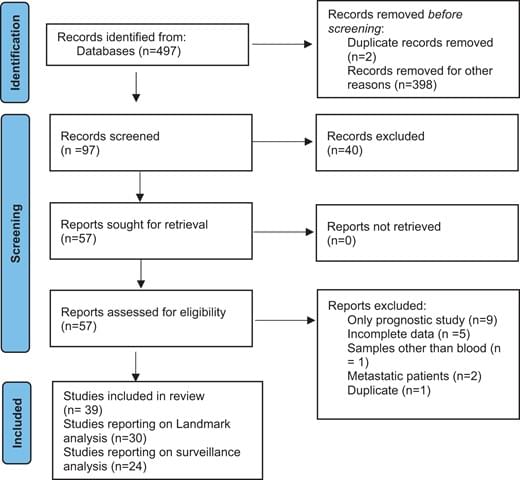The California EV charging station will also have 16 pull-though chargers that are designed to accommodate vehicles with trailers.



Kia plans to replace the Stinger with an incredibly powerful all-electric sedan called the EV8. The high-performance EV is expected to pack over 600 hp and 500 miles range as Kia’s most powerful car yet.
The Kia EV8 will be the first electric vehicle based on Hyundai’s next-gen “eM” platform. Hyundai’s eM platform is one of two new platforms to be built under its new Integrated Modular Architecture. (IMA).
After revealing the platform last year, Hyundai claimed it would improve EV driving range by 50% compared to current models.
The short lifespan of conventional batteries means they either cannot be used or have significant drawbacks in situations where it is not feasible to charge or replace them. For example, pacemakers, satellites, high-altitude drones or even spacecraft are low-power electrical devices where long life of the energy source is needed.
What we’re doing
A team of physicists and chemists from the University of Bristol have grown a man-made diamond that, when placed in a radioactive field, is able to generate a small electrical current.
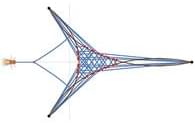
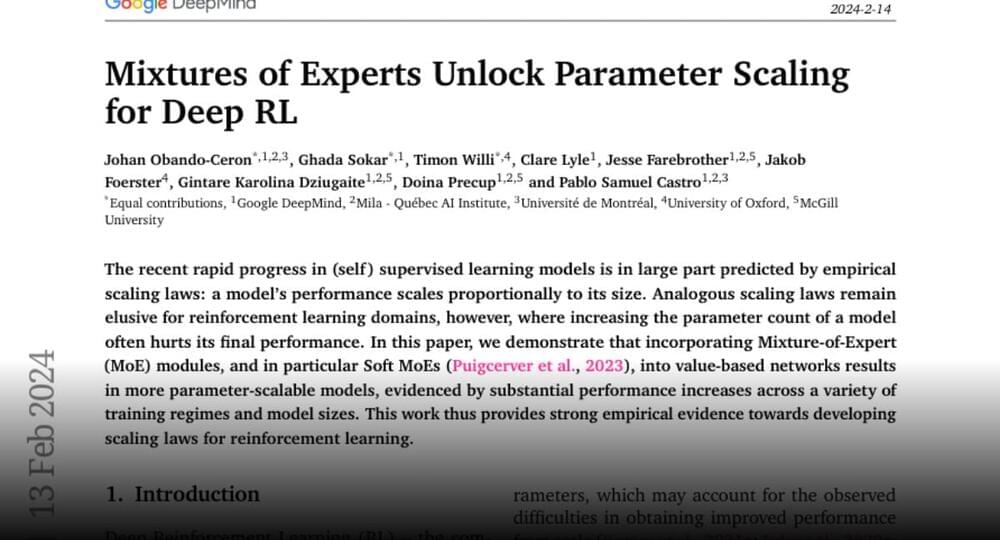
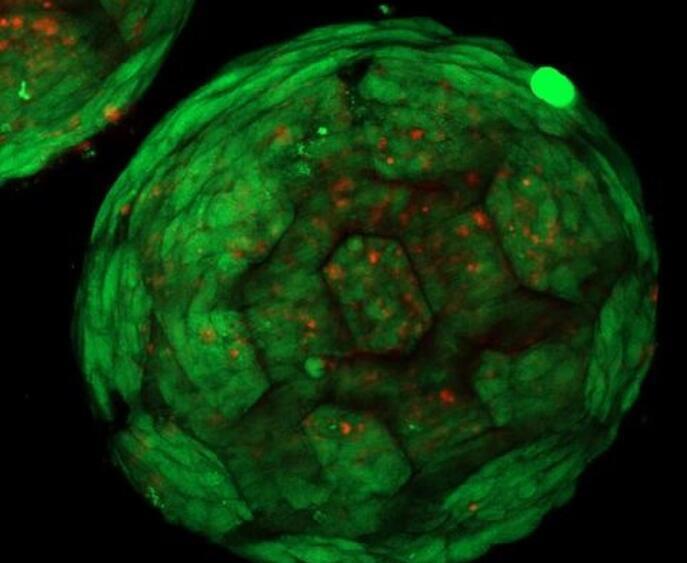
A new laser-based approach has been introduced to produce artificial cartilage using 3D printing technology.
In this approach, researchers from TU Wien printed living cells within tiny football-like spheroids.
The team hopes this technique could be used to cultivate lab-grown tissue capable of replacing damaged cartilage in humans. It is a strong connective tissue found in various parts of the body that protects our joints and bones.
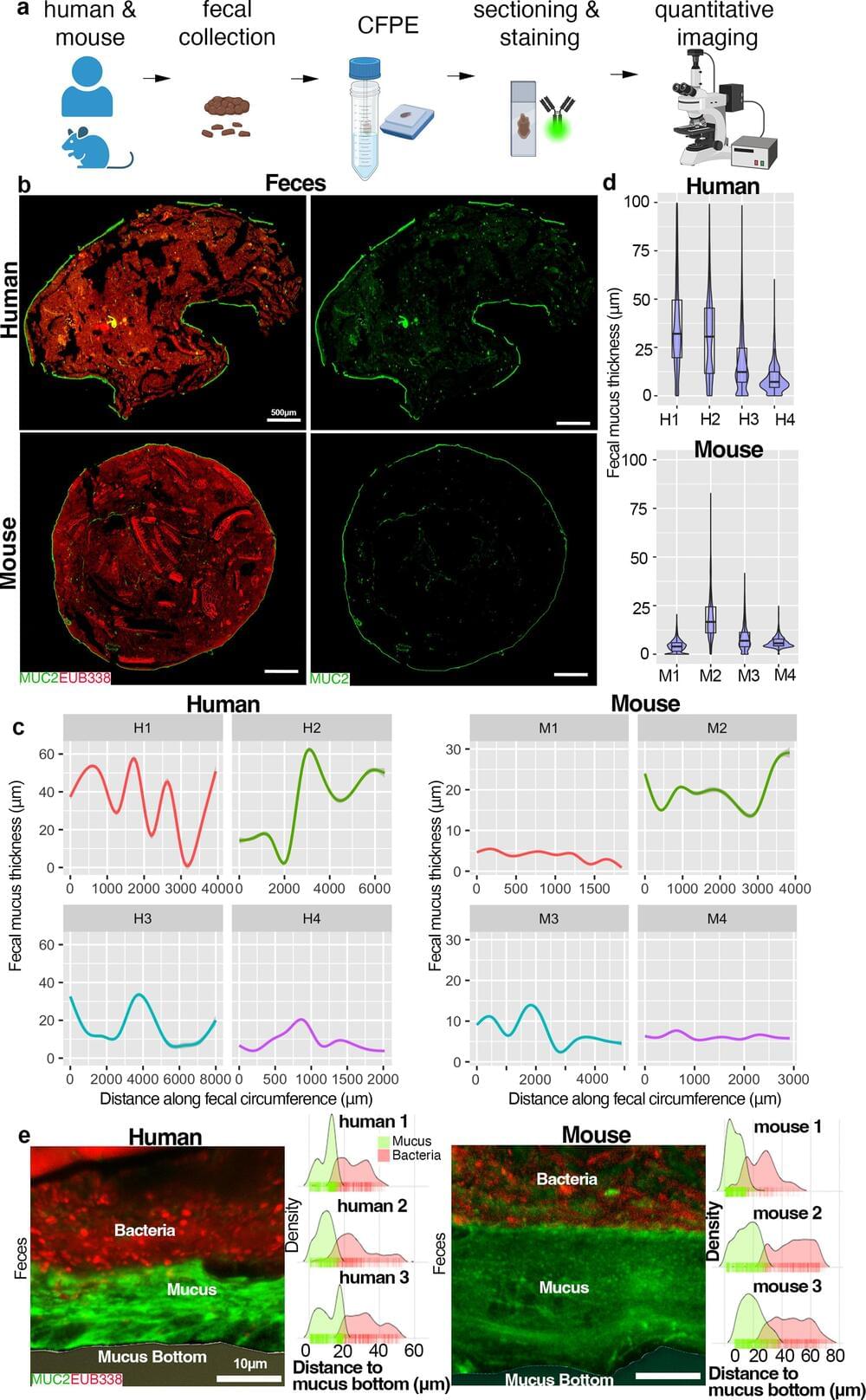
New research from UBC Okanagan could make monitoring gut health easier and less painful by tapping into a common—yet often overlooked—source of information: the mucus in our digestive system that eventually becomes part of fecal matter.
Researcher Dr. Kirk Bergstrom and post-graduate student Noah Fancy of UBCO’s Biology department have discovered a non-invasive technique to study MUC2, a critical gut protein, from what we leave behind in the bathroom.
Theie findings are published in the Journal of Biological Chemistry.
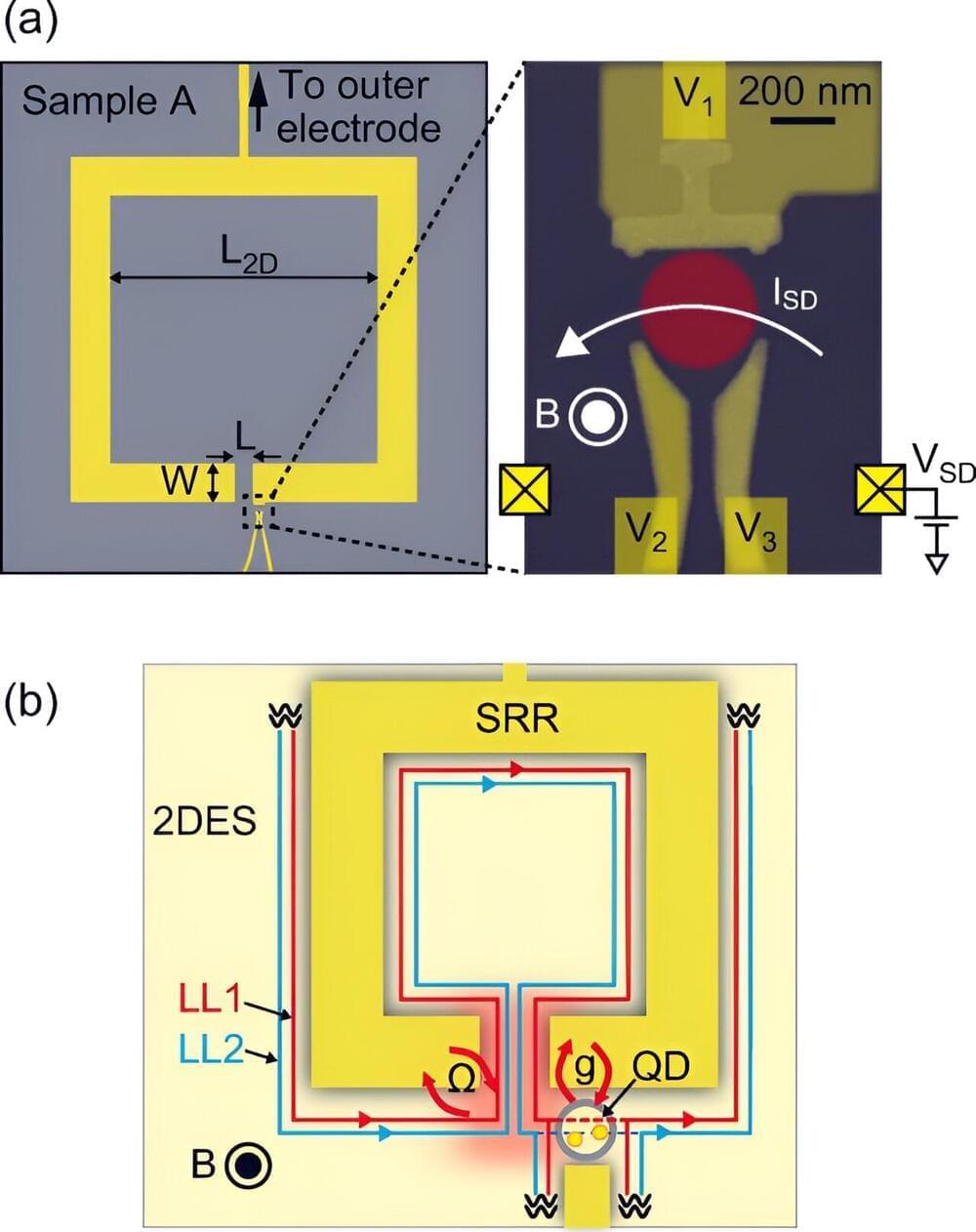
Future quantum electronics will differ substantially from conventional electronics. Whereas memory in the latter is stored as binary digits, the former is stored as qubits, which can take many forms, such as entrapped electrons in nanostructures known as quantum dots. However, challenges in transmitting this information to anything further than the adjacent quantum dot have limited qubit design.
Now, in a study recently published in Physical Review Letters, researchers from the Institute of Industrial Science at the University of Tokyo are solving this problem, They developed a new technology for transmitting quantum information over perhaps tens to a hundred micrometers. This advance could improve the functionality of upcoming quantum electronics.
How can researchers transmit quantum information, from one quantum dot to another, on the same quantum computer chip? One way might be to convert electron (matter) information into light (electromagnetic wave) information—by generating light–matter hybrid states.
Your Personalized AI Chatbot.
